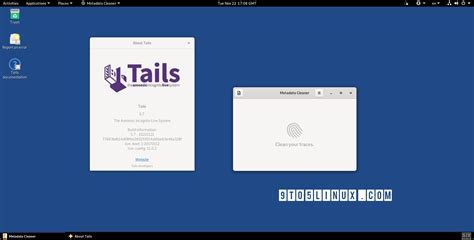I can give you an overwritten article showing you how to change the operator’s requirement for Chai.Js to use dynamic import () JavaScript Commonjs files.
Using Dynamic Import () Chai.js
Dynamic imports are available in all Commonia modules, including JavaScript. Here is an updated example of a test file showing how to use dynamic imports () with Chai.Js:
`JavaScript
Const {wait} = requirement (‘dynamicimport’);
Describe (“Marker Agreement”, Function () {
This (“For placement must be assigned to the overall owner’s delivery”, async function () {
Const [owner] = wait for imports (‘./ Contract.JS’);
// Now you can access variables and features from the contract module as if they were imported.
// For example:
Wait (owner.Totalsuplpy) .The.equal (1000);
});
IT (“For placement you must assign a common contract owner supply”, async function () {
Const [owner] = wait for imports (‘./ Contract.JS’);
owner.Totalsuplpy = 2000;
Wait for imports (‘./ Contract.JS’). Then (contract => {
Expect (contract.totalsuplly) .The.equal (2000);
});
});
});
`
Using Dynamic Import () in a test pack
Dynamic imports are also useful if you need to check the module that is imported from another file. Here is an example of how you can define a test package used by Dynamic Import ():
`JavaScript
Const {wait} = requirement (‘dynamicimport’);
Const Contractmodule = Dynamicimport (‘./ Contract.JS’);
Describe (“Marker Agreement”, Function () {
This (“For placement must be assigned to the overall owner’s delivery”, async function () {
// You can access variables and features from the contract module as if they were imported.
// For example:
Expect (contractmodule.howner.talalsuplpy) .To.equal (1000);
// You can also use dynamic import () to import special parts of the module
Const Newowner = Expect Import (‘./ New-Owner.Js’);
Expect (Newowner.newfunction ()). to.be.a (‘function’);
});
This (“For the re -folding must be granted the delivery of the contract owner and check the new owner”, async function () {
// You can access variables and features from the contract module as if they were imported.
// For example:
Expect (contractmodule.howner.talalsuplpy) .To.equal (2000);
Expect importing (‘./ New-Aner.Js’). Then (newowner => {
// You can also use dynamic import () to import special parts of the new owner
Const Newwowner = Expect Import (‘./ New-Jaunie Owner.Js’);
Wait (NewNewhowner.newfunction ()). To.be.a (‘function’);
});
});
});
`
Note that in both examples we use “Dynamicimport” to import the contract module from the specified file. We then use ASYNC/We expect imports to be completed before we continue with the test package.
Conclusion
Dynamic Import () is a powerful feature available in all Commonia modules, including JavaScript. This allows you to import modules as if they were imported from other files, which makes writing a lighter and more convenient test that interacts with external addictions. Using dynamic imports (), we can simplify our code and improve the overall test ability of our projects.



